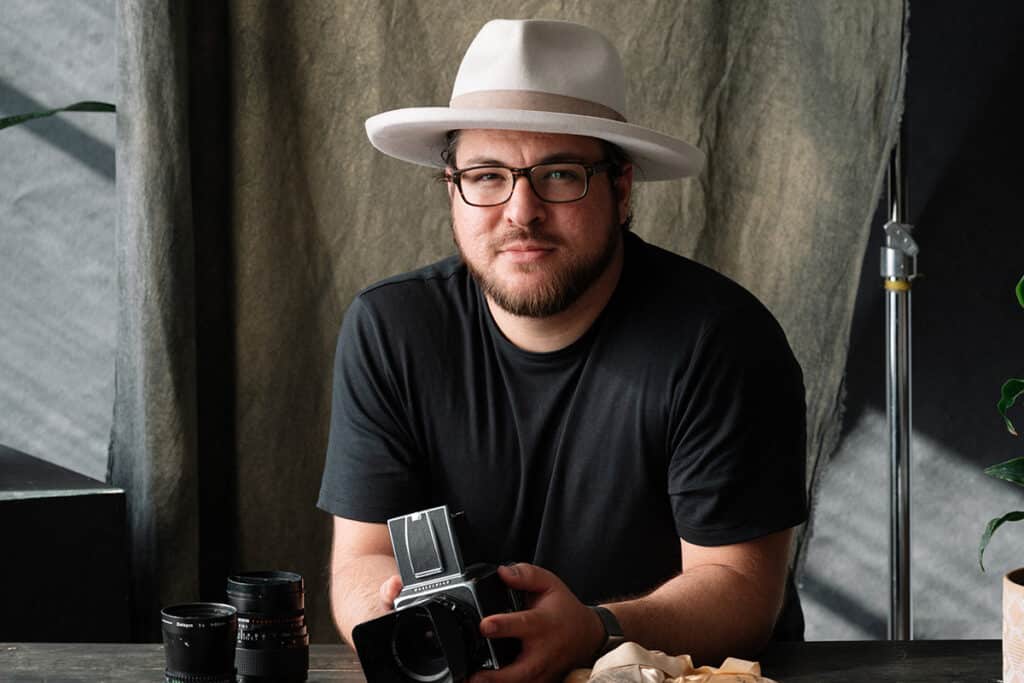Several of Leslie Popiel’s co-workers could be extremely intimidating: They’re much more powerful than she, favor a severe black-and-white look and crunch on ice balls for snacks.
Ice balls? At the top of the food chain?
“Whales like ice balls the way people like ice cream,” Popiel explains. Frozen water (in super-size portions) is a change-of-pace treat for Shamu and the other whales she works with in SeaWorld’s Shamu Stadium.
As a senior animal trainer, her job is to help keep the park’s seven killer whales healthy, active and interested. It’s a fulltime, year-round task that requires 16 trainers, each working five-day weeks, in and out of season.
“Anything that involves the whales involves the trainers,” says Popiel. That is, trainers interact constantly with the SeaWorld cetaceans with food and health care, teach them new behaviors and keep them fit with daily exercise sessions. But sometimes the humans just hang out with the whales. “It’s like spending time with friends,” Popiel says. “Instead of going out for dinner and a movie, you sit with them poolside and just play with them.”
After eight years at Sea World, Popiel is used to being asked what whales — SeaWorld’s emblematic celebrities — are really like. Often, when she tells people what she does for a living, “Their first reaction is something like, ‘Seriously?'” she says, laughing. “There’s a little bit of disbelief. Then they want to know about the whales.”
Popiel has a lot to tell them, because she knows the park’s biggest stars well. Right out of college, she landed a job as an apprentice trainer at SeaWorld of San Antonio. For her first few years at the marine-life park, she worked with Beluga whales and white-sided dolphins, then moved over to Shamu Stadium, where she has worked her way up from performing routine chores to co-starring with killer whales in “The Shamu Adventure,” “Shamu Rocks Texas” and other splashy spectaculars. (In their high-flying aerial acts, Popiel is Shamu’s partner with the blond ponytail and the black-and-red wetsuit.)
Their leaps and dives may be accompanied by pulse-pounding music, jets of flame and columns of colored lights, but Popiel’s is not just a glamour job. When she started at SeaWorld as an apprentice trainer, she helped to keep the animals’ environment clean and was a kind of sushi chef to the stars, preparing their food. (What keeps Shamu and his friends sleek and energetic: a seafood diet, heavy on herring, capelin and salmon.)
After learning the basics, she says, trainers go from there to beginning to work with the animals. “All of the trainers work with all of the whales,” she says. “You start out by swimming with a whale, develop skills in the water with that whale, then start interacting with the other whales.” Because trainers trade off, working different hours with different animals, they don’t play favorites — but, Popiel says, “There are some you have stronger relationships with.”
Though each animal has a personality of its own, killer whales — largest of the dolphin family — tend to be “very curious,” says Popiel. “They learn very quickly. They have their playful moments and sometimes they just like to relax.”
In a way, Popiel began to bond with sea creatures long before she came to SeaWorld. During her childhood in Houston, her family spent a lot of time in Galveston and other parts of the Texas Gulf Coast. “That gave me a love for the ocean,” she says. “My mother would bring home shark books, marine-life books for my brother, and I was always swiping them to read for myself.” A few years after the family had moved to landlocked St. Louis, a 14-year-old Popiel went to SeaWorld in Orlando, Fla., while on a trip to a cheerleading competition. “I knew this is what I wanted to do,” she says. A television program about SeaWorld’s wildlife-rescue program “sealed the deal.”
When she declared her intention to study science and work with marine animals, “my mom was baffled,” she says. “I was always good at English and math. That was what I was supposed to do. My mom said, ‘You just want to swim with dolphins.’ It took a while before she knew I was serious.” (Her brother Andy, now in the Air Force, encouraged her ambitions with a typical big-brother challenge: “He said, ‘I’ll take you up in my airplane, and you’ll take me down in your shark tank,'” Popiel says, laughing.)
At the University of Texas at Austin, Popiel first studied environmental science, then changed her major to marine biology, spending some time at the university’s field station in Port Aransas. By the time she graduated in 1997, she had a thorough grounding in marine ecology with an emphasis on fishes and mammals of the Texas coast. Meanwhile, several seasons as a summer- camp counselor, teaching horse-
back riding, gave her some experience in working with animals, “managing people and developing skills with my co-workers.”
At SeaWorld of San Antonio, she remembers her first time in the water with a whale. “It lasted all of five seconds,” she says with a laugh. “I got in the pool and got right back out again. Then I spent three months developing a relationship with that whale.” Adult killer whales average between 18 to 20 feet in length and can weigh anywhere from 3,000 to 12,000 pounds. Their cruising speeds may be leisurely, but they can swim up to 30 mph.
“Seeing how large they are, how they move, you gain an instant appreciation for this magnificent, awesome creature,” Popiel says. Much of a trainer’s time is spent observing the whales, “getting to know them” either one-on-one or in a group setting. “The shows are the tip of the iceberg,” she says. “They’re only a small portion of our day.”
There is one common misconception about the work she does. “People think that what they see in the show is not what whales are really like,” Popiel says. “Trainers make it look like fun and play, but (whales) do these kinds of things even when there’s no music, no audience. The shows just cap off what we do in a regular day.”
For the trainer, that’s no day at the beach. Swimming along with some of the world’s largest and most powerful animals can be “physically tiring,” Popiel says. Each of the trainers has a personal fitness routine to keep in shape for their challenging jobs; hers is to run five miles or more every morning. “I really enjoy my downtime,” she says, “going out to dinner or to see a movie, heading downtown to the River Walk. (The dog she shares with a roommate is housetrained, but doesn’t perform any astonishing feats: “I tried to teach him to roll over once, for about five minutes,” she says, “but he just kind of looked at me.”)
At work, some of her most memorable moments have been quiet ones, “floating in the middle of the pool, giving (a whale) a back rub, being aware of this strong, powerful animal that’s completely calm and relaxed with you. It’s times like this when you’re able to step back from everything going on and get an appreciation for what we can do.”
But it’s also tremendously satisfying to show off the results of their work. Popiel’s parents visit San Antonio at least once a year, and have watched their daughter thrill crowds in the 3,800-seat Shamu Stadium. “The first time they saw me, they were ecstatic,” she says, “seeing me do something I’d set my sights on so long ago. As much for them as for me, it was the realization of a dream.”
Even the off-season is an exciting time for Popiel and the other trainers. “It’s when we get to focus on teaching new behaviors,” she says. “We see different things every day. “It’s never the same thing twice.”
Looking ahead to her own future, she says, “I hope I’m still training whales. I love working with animals that can think on their own, and I hope I’m still dreaming up new ways to play with them.”
A special evening show, “Shamu Rocks Texas,” runs through Aug. 14 at SeaWorld of San Antonio. For schedules and other details, or to purchase tickets, call (800) 700-7786 or visit www.seaworld.com.
Author: Judy Alexander




